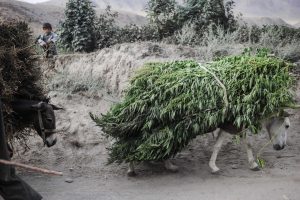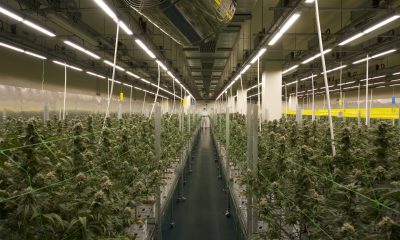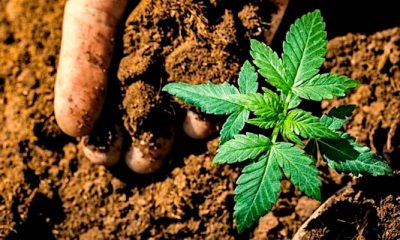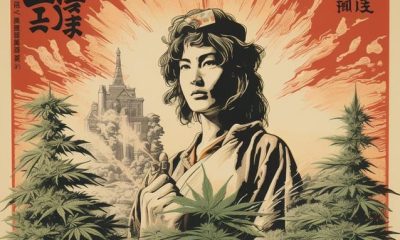The Taliban recently enacted a law banning the cultivation of cannabis and hemp across Afghanistan, according to a publication by their leader, Hibatullah Akhundzada, in Twitter. The new decree strictly prohibits the planting of cannabis plants and any violation of this order will result in the complete destruction of the crop and the imposition of a punishment in accordance with Sharia law. Afghanistan is one of the largest cannabis producers in the world.
The Taliban leader's statement, shared on the Twitter, emphasizes that the cultivation of cannabis and hemp throughout the country is completely prohibited and that anyone who violates this order will be held responsible for their actions. Furthermore, the courts have been instructed to impose severe punishment on those who violate this law.
The Taliban's ban on cannabis cultivation is expected to have a huge impact on the country's economy and the livelihood of its population, who essentially live from agriculture and many from the cultivation of cannabis and hemp. The government has yet to announce any alternative crops for farmers, leaving many of them uncertain about their future.

Donkeys carry harvested cannabis plants in Baharak, Badakhshan. Photo: David Gill (2011), Afghanistan Analysts Network – AAN.
Afghanistan: one of the largest cannabis producers in the world
Afghanistan is one of the largest cannabis producers in the world and, according to the United Nations (UN), it became the main producer in 2010. The country has a long history of producing opium, which is the raw material for heroin production, as well as cannabis production, with large-scale cultivation in almost half of its provinces.
A 2010 report by the United Nations Office on Drugs and Crime (UNODC) stated that between 9.000 and 29.000 hectares of cannabis were grown each year in Afghanistan, with it being the main crop in 19 of the country's 34 provinces. The illegal cannabis trade is believed to have fueled militancy in the country before the Taliban took office in 2021. Before coming to power, the Taliban had allegedly profited from the illicit trade in both substances by imposing taxes on farmers and smugglers, thus allowing them the safe passage of products. The opium and cannabis trade in Afghanistan has also had adverse effects on neighboring countries such as Pakistan, where large amounts of illegal drugs are smuggled across the border every year.
Cannabis: a historical plant in Afghanistan
According to a report published by Afghanistan Analysts Network – AAN, the cannabis plant is native to the region of which Afghanistan is a part. “Throughout human history, almost every part of the plant has been used – the fibers to make clothing, oil-rich seeds as food, leaves, flowers and resin as medicine and, of course, as a psychoactive drug. Hashish, made from cannabis resin, is a potent substance. Its production in Afghanistan expanded beyond the country's traditional markets only in the second half of the XNUMXth century”.
Jelena Bjelica and Fabrizio Foschini of the AAN have assembled the sparse historical and contemporary literature, reports, studies and other sources that detail the cultural history of cannabis cultivation and hashish production in Afghanistan and published a two-part report: the cultivation and production and the hash consumption.











































